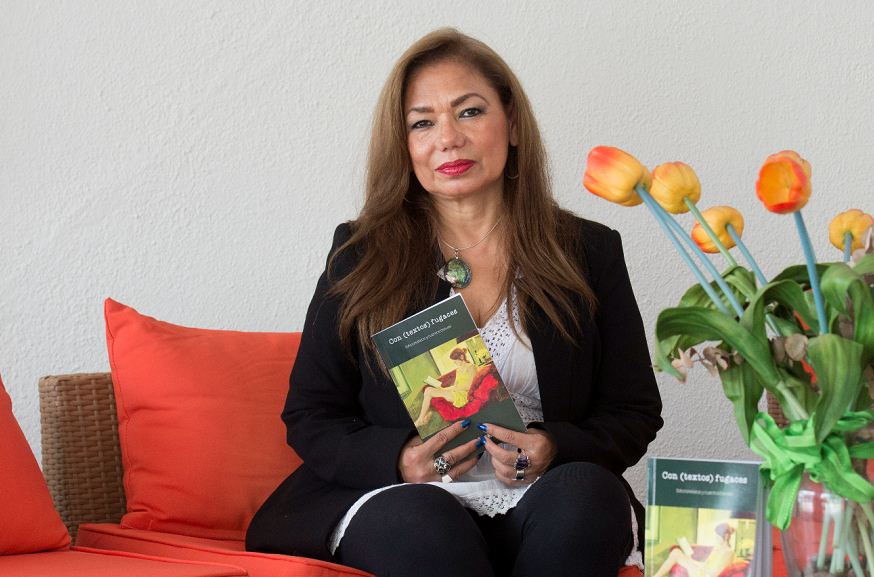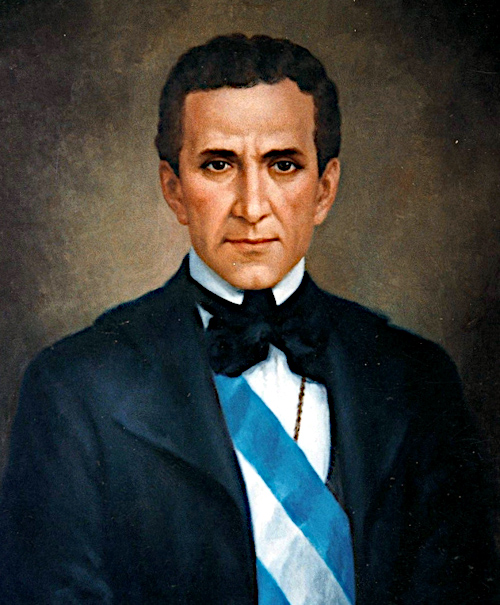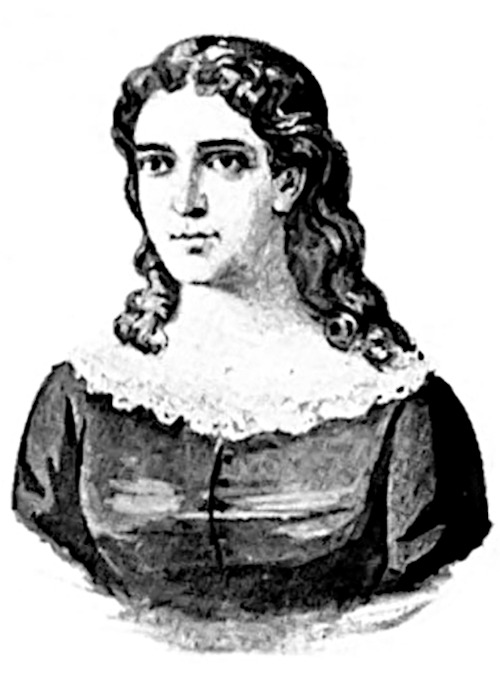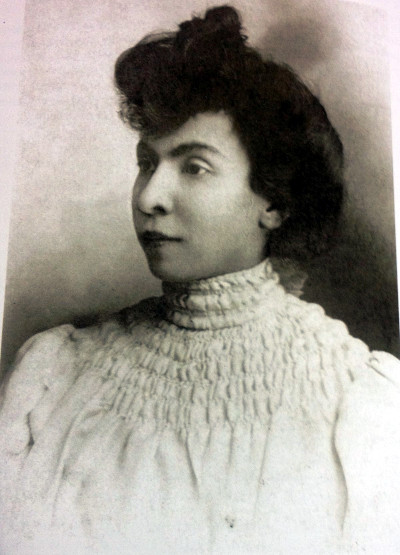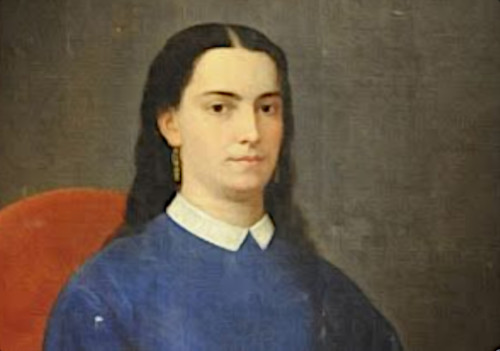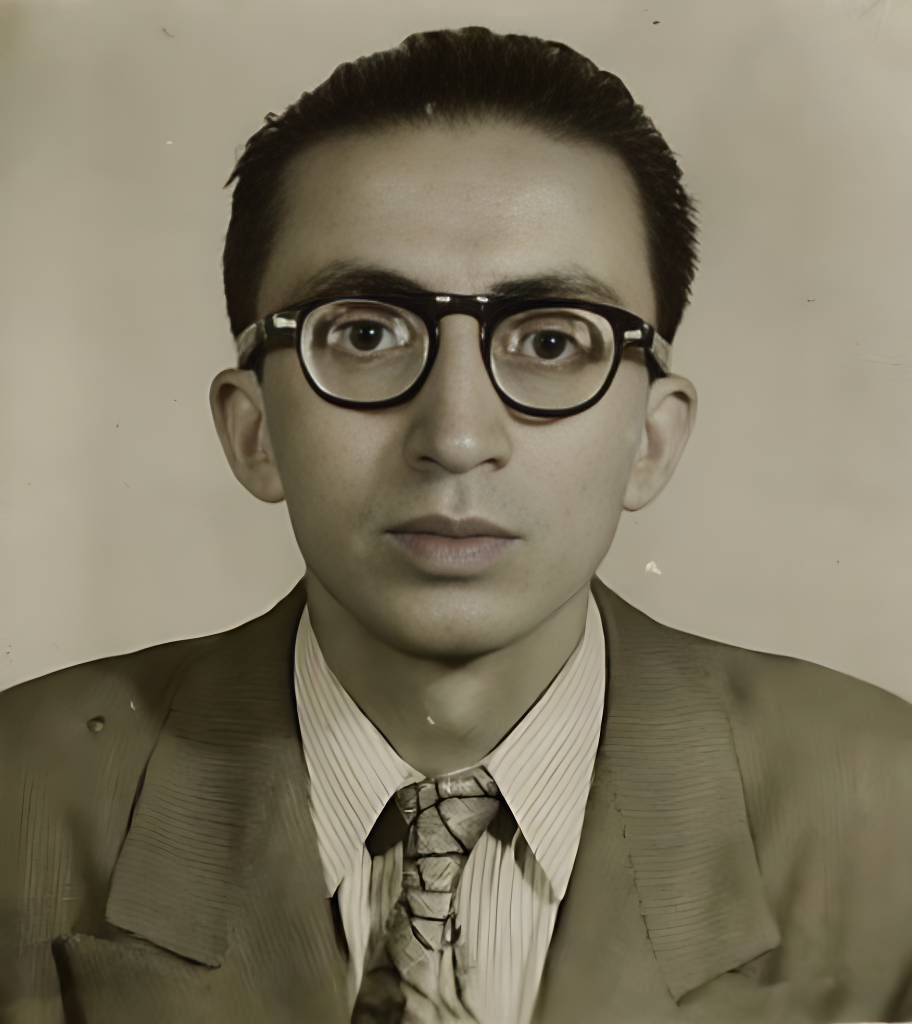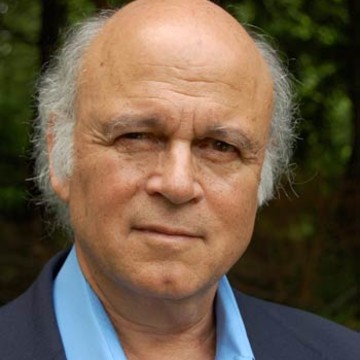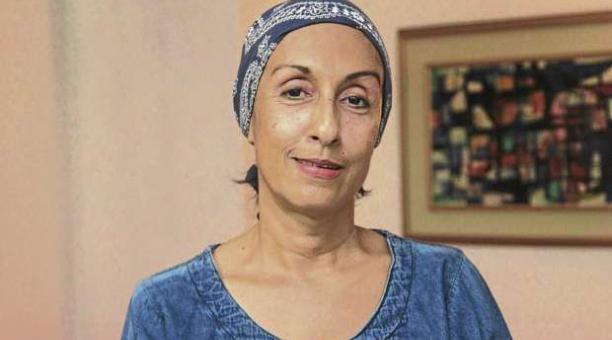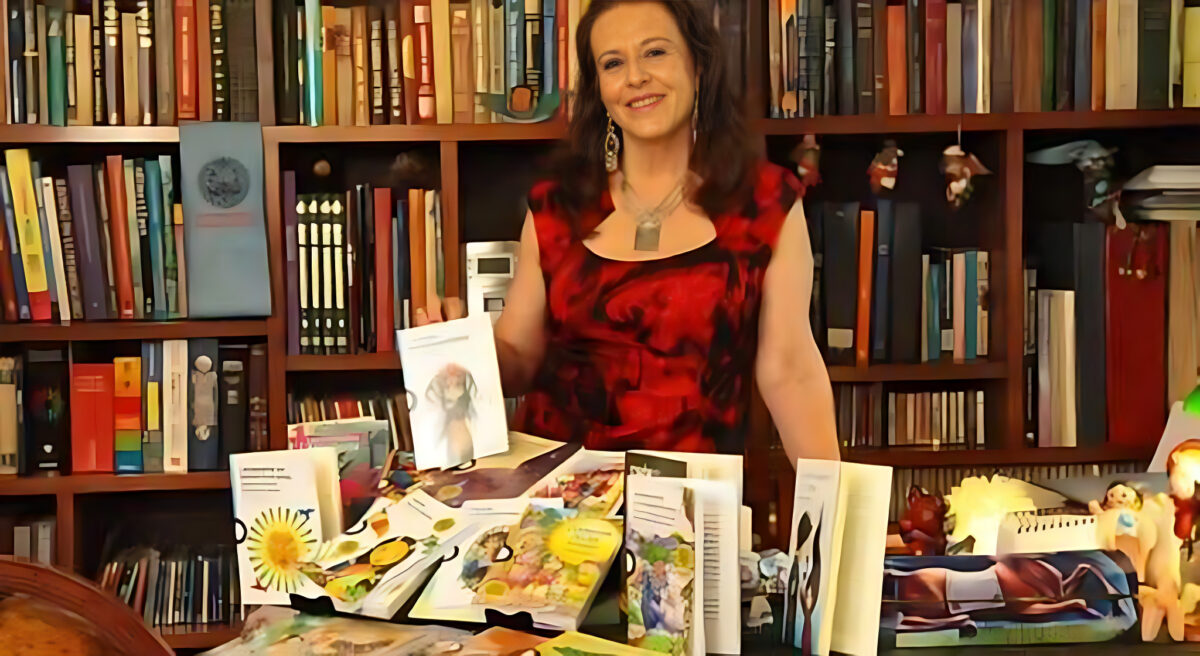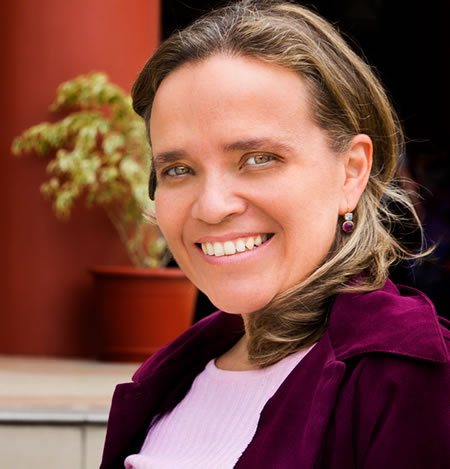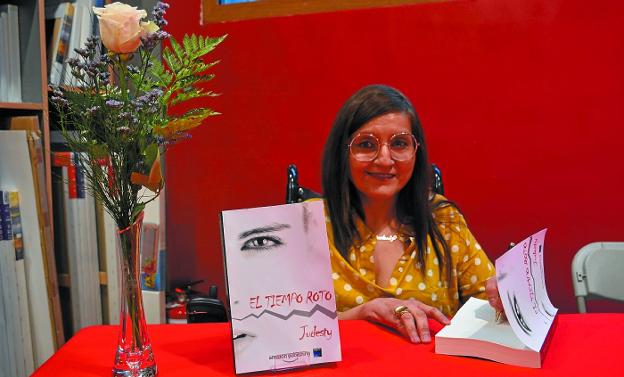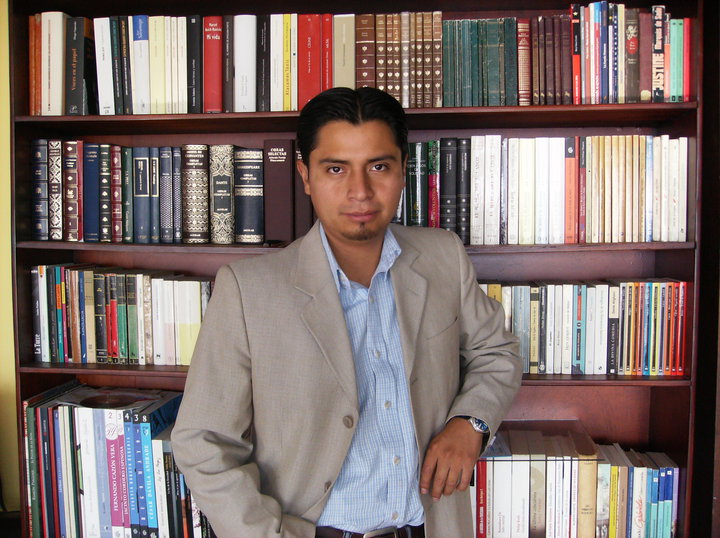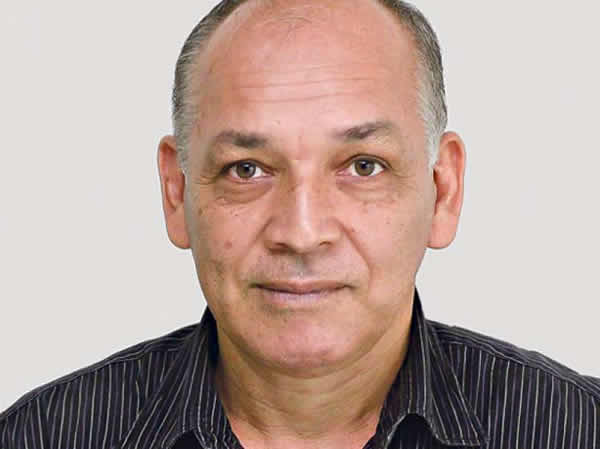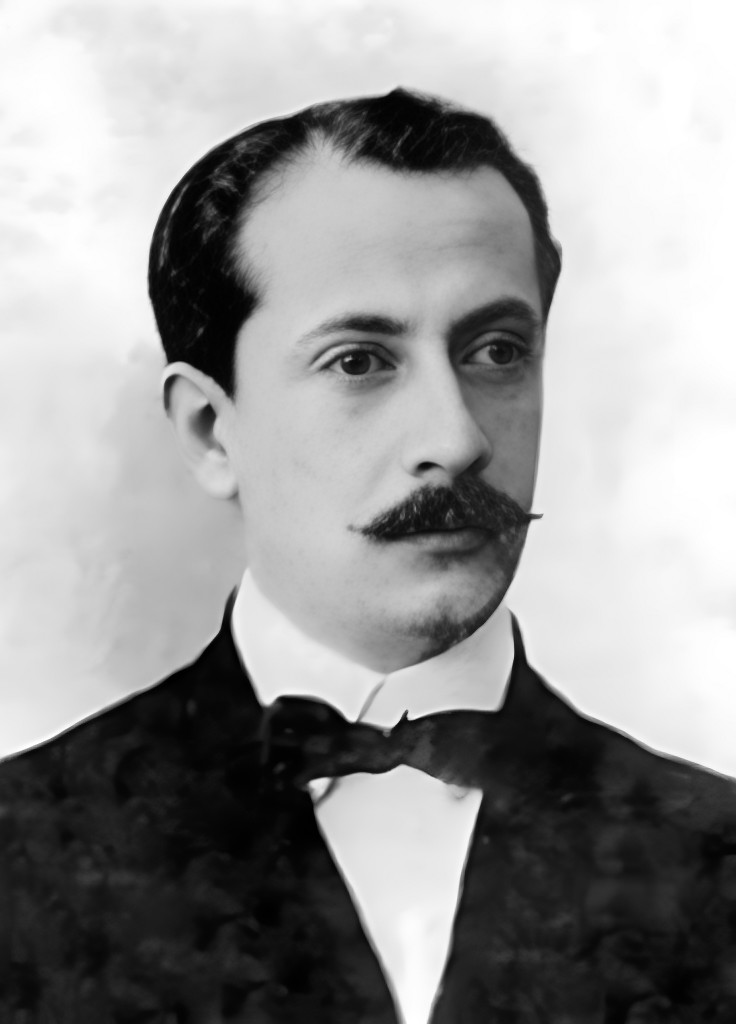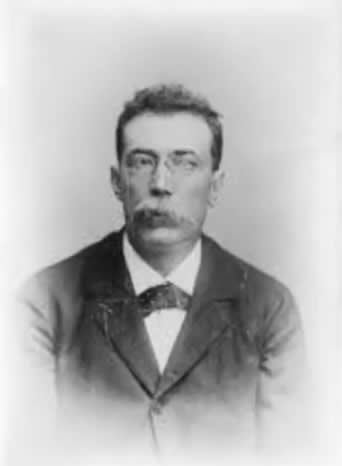Aminta del Rosario Buenaño Rugel (Santa Lucía, Ecuador, September 27, 1958) is an Ecuadorian writer, journalist, diplomat, and politician. She is celebrated for her literary works that explore women’s experiences and feminist themes, with notable titles such as La mansión de los sueños (1985) and Mujeres divinas (2006). As vice-president of Ecuador’s Constituent Assembly, she played a pivotal role in drafting the 2008 Constitution, advocating for gender equality. Buenaño has also served as Ecuador’s ambassador to Spain and Nicaragua. Among her many accolades is the prestigious Jauja International Short Story Prize of Valladolid (1979). Her most recent novel, Un blues para Roberto (2022), delves into themes of love and loss, and was presented at the 2022 International Book Fair in Guayaquil.
Continue reading “Aminta Buenaño”Posts
José Joaquín de Olmedo
José Joaquín de Olmedo y Maruri (Guayaquil, March 20, 1780 – Guayaquil, February 19, 1847) was a notable Ecuadorian poet, first mayor of Guayaquil, and former president of Ecuador. In his poetry, Olmedo emphasized patriotic themes. His best-known work is La victoria de Junín: Canto a Bolívar (1825; “The Victory at Junín: Song to Bolívar”), which commemorates the decisive battle won there by the forces of the liberator Simón Bolívar against the Spanish armies. It is considered by many critics the finest example of heroic poetry written in Spanish America.
Continue reading “José Joaquín de Olmedo”Dolores Veintimilla
Ignacia María de los Dolores Veintimilla de Galindo (Quito, July 12, 1829 – Cuenca, May 23, 1857) was an Ecuadorian poet and essayist known for her contributions to 19th-century Romanticism and early feminist thought. Raised in an aristocratic family, she received a formal education and later married Colombian physician Sixto Galindo. Her poetry, marked by themes of sorrow, unrequited love, and social justice, reflected her personal struggles and progressive views, including her opposition to the death penalty. Isolated and vilified for her outspokenness, Veintimilla tragically took her own life at the age of 27.
Continue reading “Dolores Veintimilla”Zoila Ugarte de Landívar
Zoila Ugarte de Landívar, also known by her pseudonym Zarelia (El Guabo, June 27, 1864 – Quito, November 16, 1969) was an Ecuadorian writer, journalist, librarian, sculpturist, educator, suffragist, and feminist. She was the first female journalist in Ecuador. Together with Hipatia Cárdenas de Bustamante, she was a key defender of women’s suffrage in Ecuador. As an early figure in the realm of female Ecuadorian journalists, her career began in the late 1880s. She began to use the journalistic pseudonym Zarelia in the weekly publication Tesoro del Hogar. In 1905 she founded La Mujer, the country’s first women’s magazine. As a teacher, Ugarte taught at various schools in Quito including the Liceo Fernández Madrid girls’ school and the Manuela Cañizares school. She also became the first female editor-in-chief of the political newspaper La Prensa in 1911. She served as president of Quito’s Press Circle.
Continue reading “Zoila Ugarte de Landívar”Manuela de la Santa Cruz y Espejo
Manuela de la Santa Cruz y Espejo, also known by her pseudonym Erophilia in her articles (Quito, December 20, 1753 – Quito, 1829) was an Ecuadorian journalist, nurse, feminist, and revolutionary. She was the sister of Eugenio Espejo, with whom she discussed and shared Enlightenment and revolutionary, pro-revolutionary thought and ideas.
César Dávila Andrade
César Dávila Andrade (Cuenca, Ecuador, October 5, 1918 – Caracas, Venezuela, May 2, 1967) was an Ecuadorian poet, writer and essayist, usually acclaimed as an outstanding member of the 1940 Madrugada Group. His interest in the strange and marvelous earned him the sobriquet,“el Fakir.” He is best known for his poetry, although he also wrote short novels, stories, essays and numerous newspaper articles. His works displayed elements of Neo-romanticism and surrealism. His best known poem, “Boletín y elegía de las mitas,” originally published in 1959, marked a milestone in Ecuadorian and Latin American literature. He spent much of his life in Caracas, Venezuela where he worked in the editorial staff of Zona Franca. For several years he served as cultural attaché at the Ecuadorian embassy. Death and transfiguration was a theme in his poems. In 1967, he committed suicide at the age of 48.
Continue reading “César Dávila Andrade”Alexis Levitin
Alexis Levitin is an American award-winning translator of poetry and prose from Spanish and Portuguese to English. Among his 40 books of translations, he has translated Ecuadorian authors such as Ana Minga (Tobacco Dogs, 2013), Santiago Vizcaino (Destruction in the Afternoon, 2015) and Carmen Váscones (Ultraje/Outrage, 2018). He has also translated the leading authors of Brazil and Portugal. He has received fellowships from the National Endowment for the Arts, the National Endowment for the Humanities, the Fulbright Commission, the Witter Bynner Foundation, the Gulbenkian Foundation, and Columbia University’s Translation Center, which awarded him the Fernando Pessoa Prize. A Distinguished Professor at SUNY Plattsburgh, he has given readings and lectures on translation at well over one hundred colleges and universities in the U.S., as well as institutions in Brazil, Portugal, Ecuador, the Czech Republic and France.
Continue reading “Alexis Levitin”Carmen Váscones
Carmen Váscones is an Ecuadorian writer, poet, literary critic, columnist, essayist and a clinical psychologist. She was born in Samborondón in 1958. She earned a degree in Psychology in 1983 and in Clinical Psychologist in 1984. She won the Cesar Dávila Andrade Poetry Biennial Prize (Cuenca, 1993) for Memorial aun acantilado, top Mention at the Ismael Pérez Pazmiño Poetry Contest (El Universo, Guayaquil, 1996) for Aguaje. In 1998 she received an award from the Ministry of Education and Culture of Ecuador, in 2001 she received an award from the National Congress of Ecuador for “her practice of teaching and the cultivation of beautiful letters,” and in 2002 she received the Cultural Educational Merit (Ministry of Education and Culture of Ecuador). As a psychologist, Váscones works with abused children and their mothers. Her book ULTRAJE / OUTRAGE was translated into English by Alexis Levitin in 2018.
Continue reading “Carmen Váscones”Edna Iturralde
Edna Iturralde De Howitt (Quito, May 10, 1948) is Ecuador’s most important and prolific authors of children and young adult’s literature. She has written 62 books. She has won various prizes and nominations within and outside her country. Among the most important of these are the Dario Guevara Mavorga National Prize for Children’s Literature in Ecuador in 2001, the Skipping Stones Award in the United States in 2002 and 2005, and the Mention of Honor of the Municipality of Quito in 2003 and 2004. She has been nominated twice, in 2012 and 2013, for the Astrid Lindgren Memorial Award (ALMA). Her work was selected by the SEP within the competition of the Mexican Ministry of Education in 2003 and 2005. In 2005, two of her books were nominated for the Ecuadorian Honor List of IBBY (International Board of Books for the Young). She was a 2014 International Latino Book Awards Finalist. She is the president of the Ecuadorian Academy of Children and Juvenile Literature, which is associated with the Latin American Academy of Children and Juvenile Literature. Several of her books has been translated into English.
Continue reading “Edna Iturralde”Ruth Patricia Rodríguez
Ruth Patricia Rodríguez Serrano (Loja, 1966) is an Ecuadorian writer and professor at the Universidad San Francisco de Quito. Known for her work across various genres including poetry, short stories, and novels, she has won prestigious national literary awards such as the Círculo de Lectores and the Pablo Palacio Prize. Rodríguez has also represented Ecuador internationally, notably at the World Assembly of Young Artists for Peace in Bulgaria. Her critically acclaimed works include “Putas de Cristal” (2010) and “Clepsidra. Todos fuimos margaritas” (2020), which features both a novel and a short story collection.
Continue reading “Ruth Patricia Rodríguez”Tamara Cadena (pen name Judesty)
Tamara Cadena, pen name Judesty (Quito, 1967) is an Ecuadorian writer. She has received several national and international awards and recognitions. In 2009, Cadena’s first novel El acuerdo (2008) won first prize in the online literary contest of El Corte Inglés and BookAndYou.com. Cadena’s third and latest novel El tiempo roto (2017) was well-received by critics. She has lived in Spain since she was thirteen. Cadena publishes her books under the pseudonym Judesty.
Continue reading “Tamara Cadena (pen name Judesty)”Edwin Alcarás
Edwin Marcelo Alcarás Panchi (Quito, 1981) is an Ecuadorian professor, cultural journalist and fiction writer. He is the author of the book of short stories La tierra prometida (2012), which in 2010 won third place in the First Literary Prize of the Provincial Council of Pichincha. In 2011, he decided to quit writing for newspapers, and started an academic career. He has completed three Master’s Degree programs. 1. Hispanic Philology (Universidad Nacional de Educación a Distancia, UNED, Madrid, 2013); 2. Latin American Literature (PUCE, 2016), and Philosophy and Social Thought (FLACSO, 2019). He is currently a professor of Spanish as a foreign language at the Pontifical Catholic University of Ecuador (PUCE), and as a visiting assistant professor he has taught Spanish as a Second Language, Latin American Literature, and Creative Writing at Earlham College in Richmond, Indiana.
Continue reading “Edwin Alcarás”Pablo Gómez Morán
Pablo Alberto Gómez Morán (Vinces, 1963) is an Ecuadorian writer known for his debut and only published book, “Las guerras de los hijos del sol: Leyendas de los antiguos pueblos andinos y australes” (2018). The book is a captivating retelling of Andean myths, reflecting Gómez Morán’s passion for the ancient cultures of the region. With his imaginative storytelling, he aims to elevate South American mythologies alongside universal mythologies and epic fantasy literature, offering readers a glimpse into the fascinating world of ancient Andean civilizations.
Continue reading “Pablo Gómez Morán”Rafael Pino Roca
Rafael Pino Roca (Guayaquil, October 24, 1878 – Guayaquil, 1963) was an Ecuadorian poet, playwright, and diplomat. Educated in Germany, he became fluent in multiple languages and developed a deep admiration for European culture. Pino Roca held key government roles, including Minister of War, Navy, and Aviation, where he helped establish Ecuador’s first aviation school. His literary works, notably the epic poem Canto a la Raza, gained wide acclaim. He also served as Ecuador’s Consul in Europe and was known for his controversial pro-German stance during the prelude to World War II.
Continue reading “Rafael Pino Roca”Juan Benigno Vela
Juan Benigno Vela Hervas (Ambato, July 9, 1843 – Ambato, February 24, 1920) was an Ecuadorian politician, lawyer, journalist, and writer. A key figure in Ecuador’s liberal movement, he was known for his staunch opposition to the conservative regimes of Gabriel García Moreno and Ignacio de Veintemilla. Despite losing his sight and hearing later in life, Vela continued his fight for civil liberties through his work in journalism and politics, contributing to the drafting of Ecuador’s 1906 Constitution. He founded several influential newspapers, including El Combate and El Espectador, and remained a vocal advocate for education and democracy throughout his life.
Continue reading “Juan Benigno Vela”
